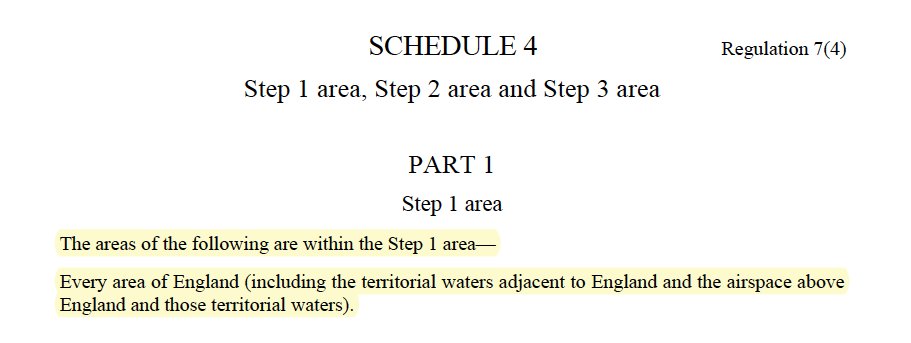
This sounds like a very important ruling. The first successful court challenge against the lockdown regulations, as far as I know. The rules in Scotland were different to England were communal worship has been allowed throughout the last two lockdowns bbc.co.uk/news/uk-scotla…
Here is the official summary. Fascinating! Ties constitutionality to proportionality. Finds Scottish government had failed to show less restrictive measures would have achieved the public health aim judiciary.scot/home/sentences… 

Here is the judgment scotcourts.gov.uk/docs/default-s…
Wowzers - tracing concept of proportionality all the way back to Aristotle to read it into the 'constitution' when it concerns restrictions on worship.
Does anything enthuse our courts more than finding a way to use human rights principles without using human rights principles?
Does anything enthuse our courts more than finding a way to use human rights principles without using human rights principles?

"Human rights? Let me tell you a story which begins 3,000 years ago..."
To be fair, the court does then go on to consider the human rights aspects, but this is a kind of constitutional back up argument 

If I could be bothered to do the meme with the guy standing with a woman and looking at another woman walking past he would be the English court dealing with the protest cases against the Met Police and she would be this Scottish judgment on blanket bans under Covid regulations 

This is the crux of the reasoning - the final bit of the proportionality exercise is showing less intrusive measures were not available
"failed to show that no less intrusive means than the Regulations were available to address their aim of reducing risk to a significant extent"



"failed to show that no less intrusive means than the Regulations were available to address their aim of reducing risk to a significant extent"




• • •
Missing some Tweet in this thread? You can try to
force a refresh











